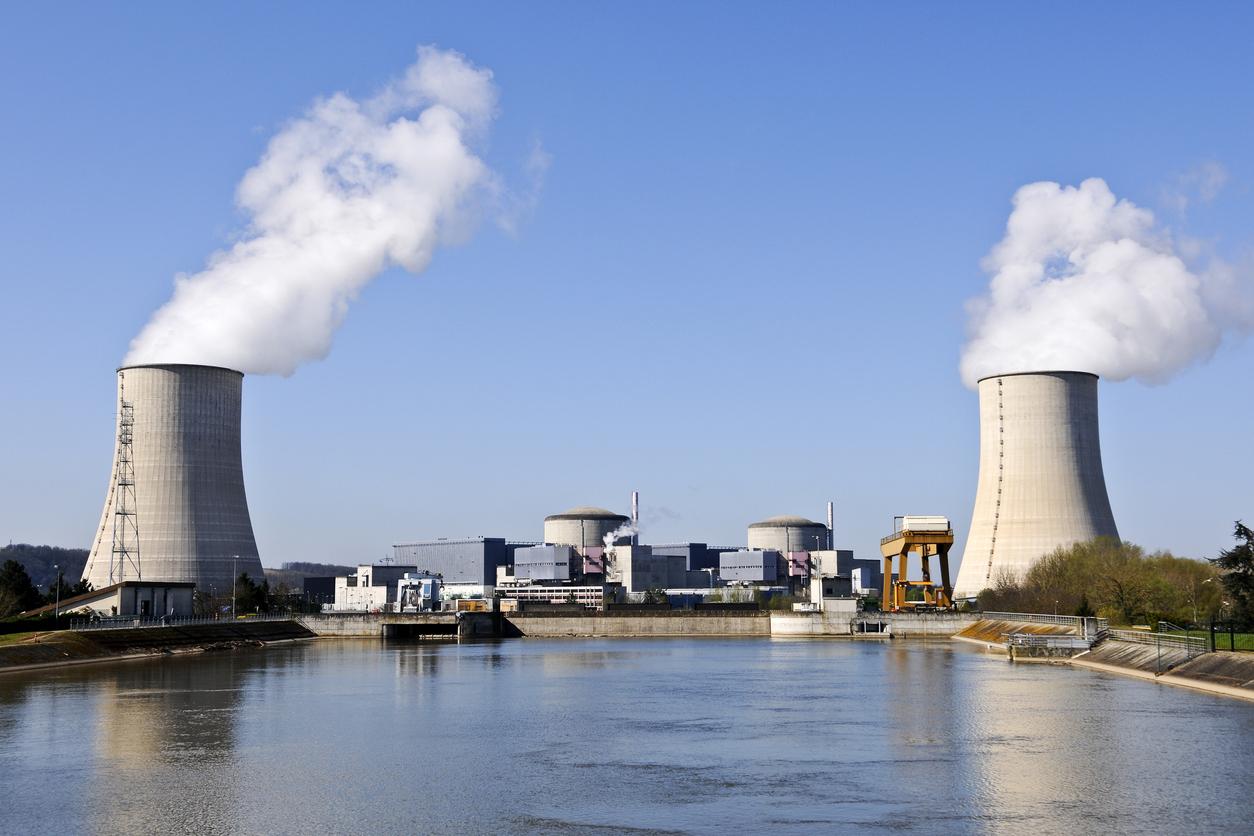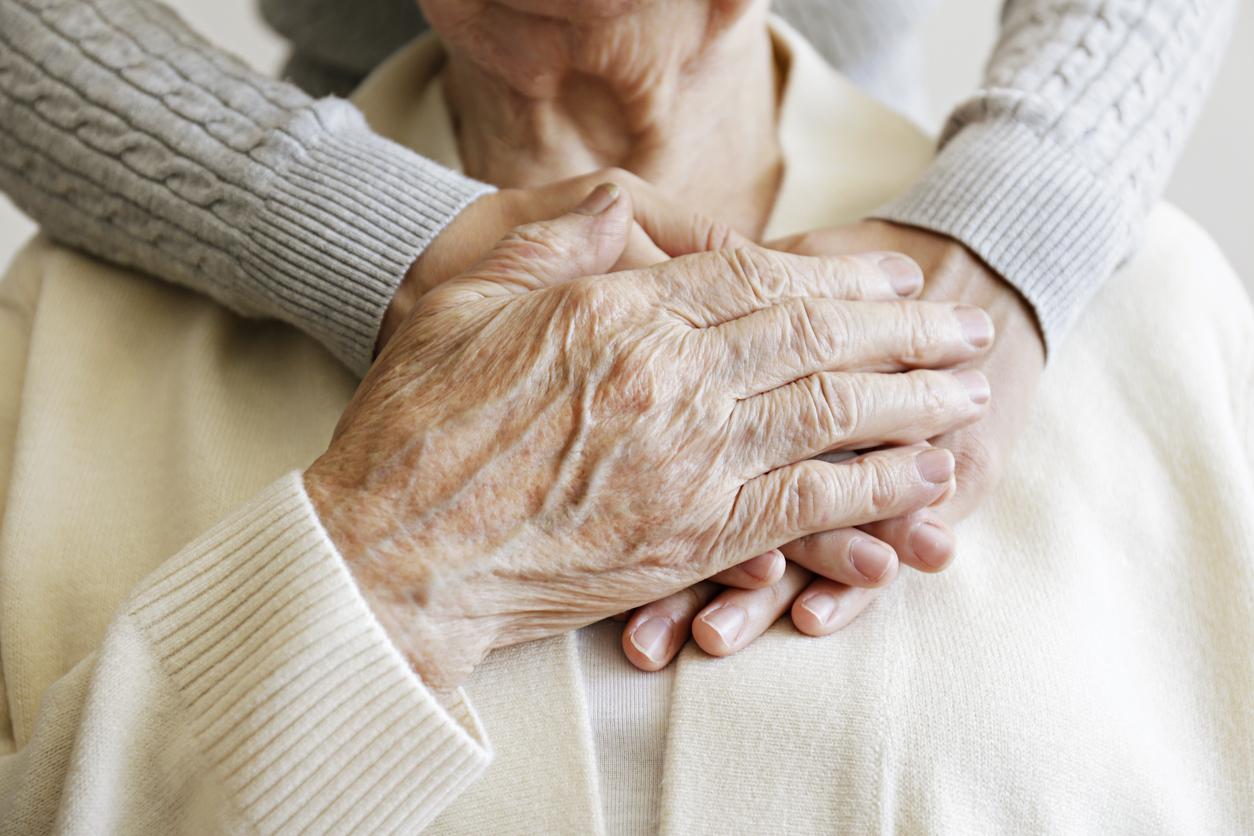Certain doses of radioactivity, including those of nuclear origin, could… increase life expectancy!

- A gain in life expectancy could be linked to radiation, whether it is of natural origin or not
- The authors of the study which advances this possibility plead for a revision of the radioactivity thresholds
This is a study whose conclusions are totally unexpected: according to researchers from Ben Gurion University in Israel, exposure to significant doses of radiation would have a positive impact on life expectancy! Better, this impact would be linked to a decrease in the mortality rate from cancer and in particular the most common cancers such as those of the lung, pancreas, colon, bladder or brain. This is what the authors of this work claim. published in the journal Biogerontology.
“We show that life expectancy is about 2.5 years longer in people living in areas with low to relatively high background radiation,” says the study, which is based on analysis of data from the US Environmental Protection Agency which measured exposure to these radiations in more than 3,000 counties during the 1960s.
By “background radiation”, scientists mean radiation of natural origin such as cosmic radiation or those linked to the radioactivity of certain rocks, but also those of medical origin such as X-rays and those caused by nuclear tests.
And the study clearly makes the link between this increase in life expectancy and the lower prevalence of several types of cancer in the regions where the measurements were made. Results observed in both women and men.
An increase in the number of thyroid cancers in Europe after Chernobyl
Exposure to such radiation is however commonly accepted as a danger and an additional risk of being affected by cancer. Several studies have thus noted an increase in cases of thyroid cancer in Europe following the disaster at the Chernobyl nuclear power plant in Ukraine in 1986, even if the cause and effect link has never been formally established. And of course dozens of cancer deaths have been recorded among people who were near the plant or who took part in the work of the rescue teams.
But the study by researchers from Ben Gurion University does not conclude that there is no negative effect of radiation, whatever its origin. On the other hand, it insists on the question of the thresholds set to determine the dangerousness of a level of radioactivity. “Exposure to radiation may exhibit beneficial health effects and this provides guidance for reconsidering thresholds within the natural range of low-dose radiation,” the scientists conclude.
.

















